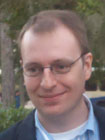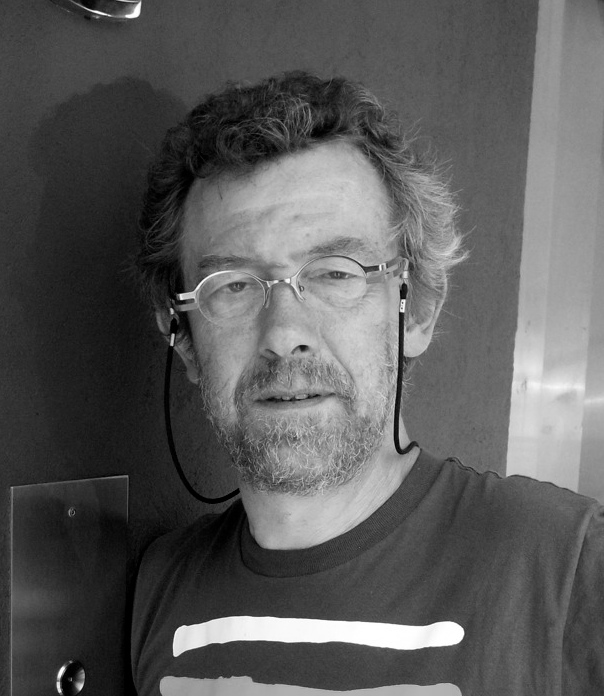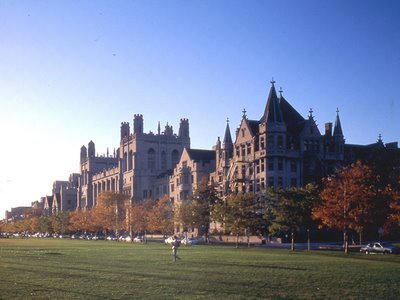Please join us to hear Ben Merriman present at the Workshop on City, Society and Space this Tuesday, February 19, 12:00-1:20, Social Science Research Building, Room 401. He will present for 25 minutes. Anjanette Chan Tack, Department of Sociology, will serve as the discussant. Then, we will open for questions and discussion. Please email akhare@uchicago.edu if you would like a copy of the paper.
Spatial Scales as Social Processes: Propositions for an Ecology of Scales
ABSTRACT:
The concept of scale has been widely employed and hotly debated in the social sciences, and the advent of Geographic Information Systems (GIS) and spatial statistics has created a boom in empirical analysis that has, at times, run ahead of underlying theory. This paper offers a perspective on spatial scale that may clarify theoretical problems and aid several lines of empirical research. A spatial scale contiguously covers a relevant physical space, and divides this space into finite units, which are both variable and comparable. This is a restrictive definition of scale that emphasizes the importance of processes of bounding. Spatial scales, while sharing formal properties, are defined by processes that vary in their temporal extension and stability, their degree of institutionalization, and the salience and subjective validity of the scale for persons living within it.
Spatial scales often arise from an ecological process of clustering and constraint. Scales themselves, however, also exist in an abstract ecology of linkages of a kind commonly used to describe professions. Scales emerge and disappear. Scalar processes compete over the regulation of particular spaces. Linkages develop across nested scales containing the same physical space, or between distant local units of a given scale. Studying the organization of a social space, then, must involve historical and comparative investigation of the scalar process that define the space.
Viewing the system of spatial scales as the result of constrained processes may be useful in several ways. It may help integrate novel spatial phenomena arising from globalization within traditional spatial theories. Theorizing underlying scalar processes may improve the specification of quantitative spatial analyses and models, and lend more concrete meaning to the results. An ecological perspective may also produce more robust understandings of regions and cross-regional inequality.
Ben Merriman is a doctoral student in the Department of Sociology at the University of Chicago. Ben is currently developing a dissertation that examines the growing importance of regions in the US economy after World War II. This project builds upon previous work on the economic and political linkages between the Great Plains and the Midwest, and assigns particular importance to the interactions between processes operating at different spatial scales.
Respectfully,
Amy Khare
Jeffrey Parker
Co-coordinators of the Workshop on City, Society and Space





